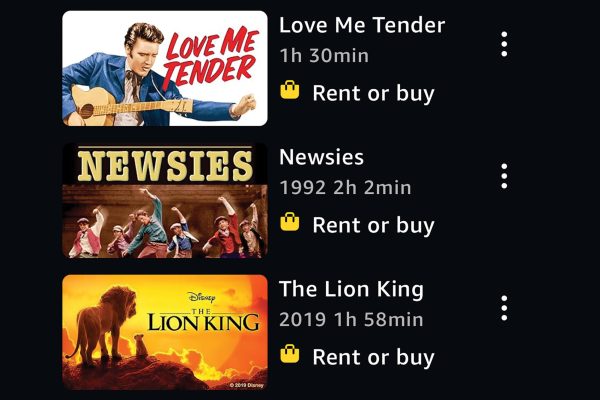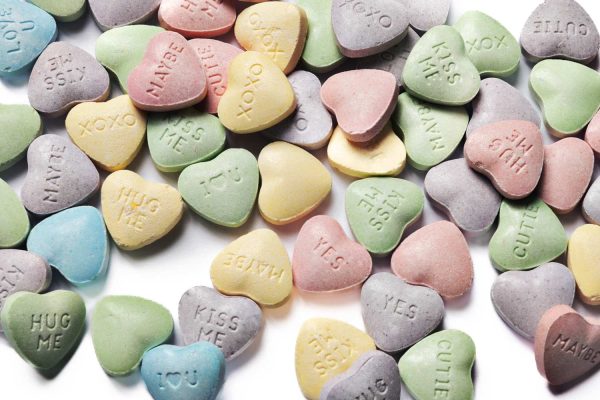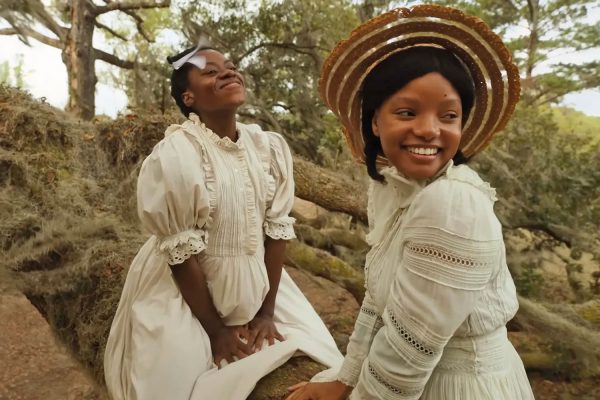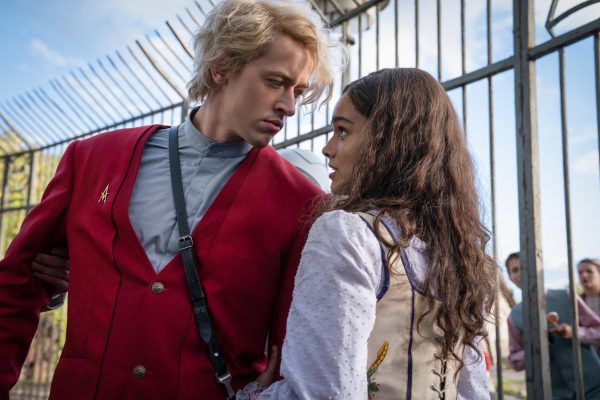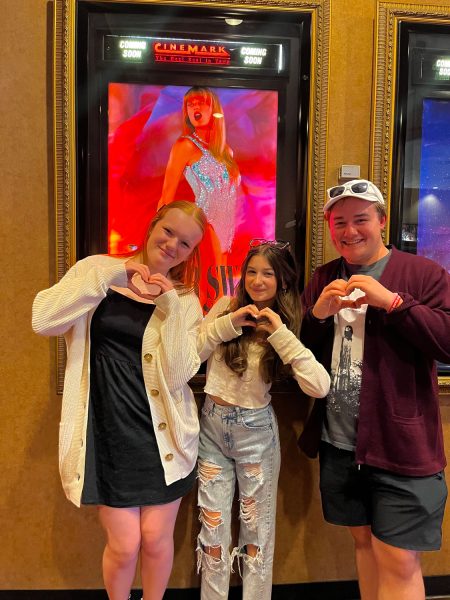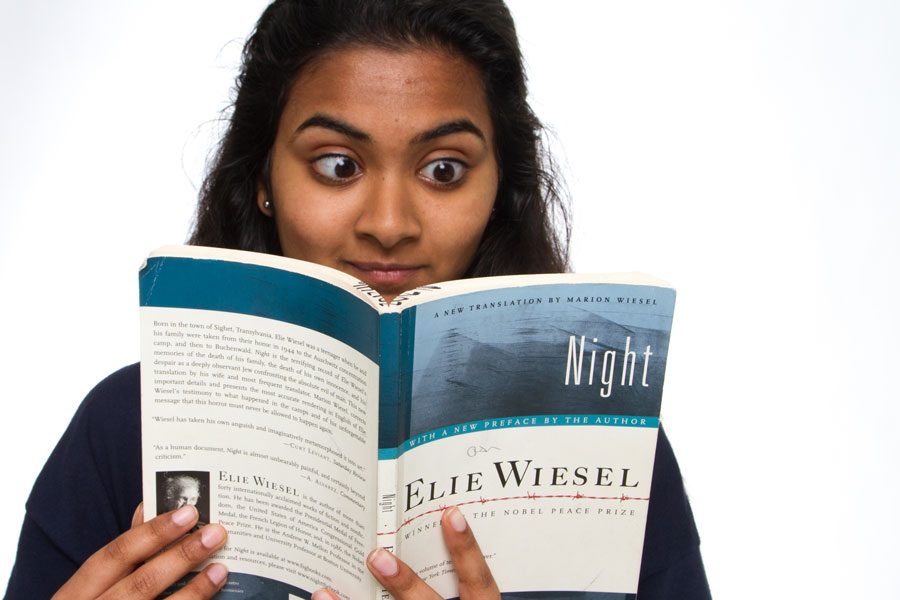Saying good morning to ‘Night’
Sophomore appreciates literary canon novel “Night”
Sophomore Raga Justin pictured reading book “Night” by Elie Wiesel.
In my sophomore English class recently, we had to read this book called “Night” written by Holocaust survivor and Nobel Prize laureate Elie Wiesel. And it was absolutely terrifying how much power it packed into a mere 150 or so pages. It was dynamite-level stuff, give or take a few nuclear bombs.
Rooted almost entirely in truth, the book, really a memoir incognito, recounts the cruelty and despair Wiesel faced during his internment in concentration camps, slaving away on the merest of rations, kept going only by the thought of his father suffering alongside with him. Slowly, he loses hope and becomes nothing but a shell of his former self.
I am not ashamed to admit that I cried. When someone who has led a pampered, privileged life is exposed to depravity of that magnitude, it is hard not to feel even slightly overwhelmed by horrors that weren’t made up or exaggerated for the benefit of moviegoers and box office success. Some atrocities are almost too painful to read about, let alone experience.
People commit brutalities beyond human reasoning. The book describes several of them. Babies are thrown into the air and shot. Children are tossed into the flames like firewood. Slowly and surely, we are made to feel the way Eliezer in “Night” felt: shocked, outraged, terrified, numb, empty. The last line in the book, frustratingly unfulfilling as it is, reviews the true effect these atrocities had on Holocaust survivors everywhere: “From the depths of the mirror, a corpse gazed back at me. The look in his eyes, as they stared into mine, has never left me.”
And it shouldn’t leave you either. Yes, the Holocaust was 70 years ago. Yes, the majority of us aren’t Jewish, but the tragedies suffered by any human race resonate with all of us, white or black, young or old, gay or straight or all kinds of in between. Injustice is universal. Fighting against it should be too.
Of course, not everyone can fight against injustice. The majority of us will live our lives as peacefully and happily as we expect to. We will grow up, find a job, find a spouse, start a family. We will be successes or failures. We will suffer through debts and divorces, arguments and mortgages. Our futures will be lived out much the same as everyone else’s happy moments, sad moments, stretches of anxiety or despair and then sunshine again. Genocide and war and bombings will come as sobering reminders that the world is not as rosy a place as it once was, but then we will return to our morning coffee and life will go on.
But it is enough to remember. Remember the millions of lives claimed in the Holocaust, a senseless and evil massacre of innocents. Remember the thousands of lives extinguished by people hellbent on destruction for destruction’s sake on September 11, 2001. Remember the 20 little lives snatched from existence in Sandy Hook, Connecticut, in an unassuming brick building in an unassuming little town.
Cling tight to the memories of people around the globe suffering for no reason. Do it for your sake. Do it to expand your compassion, to discover what it means to believe in something fervently. Do it to see how much your lives are enriched when misery in its basest, truest form is shown.
I wish I could be a human rights crusader, a front-liner on the battlefields of cruelty everywhere. But I’m not. I’m just a high schooler with big words and an earnest desire to see everyone look beyond their cramped worlds of relationships and report cards to the almost infinite space in front of them, populated by real people with real problems.
Injustice happens. Outrages happen. Sometimes, there is nothing a living soul can do to prevent a catastrophe from occurring. Sometimes there is. But if we remembered how appalling something was and how awful it made us feel, maybe we wouldn’t be so eager to have it repeated. Maybe next time, the world would be a little more prepared to open its arms and embrace the common bonds all of us share. Maybe next time, we’ll remember not to forget. And when that time comes, we’ll know that the once endless night has given way to a brand new dawn.
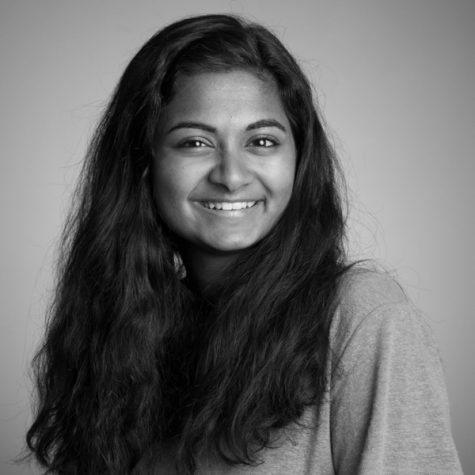
[email protected]
Falling down the bleachers at a pep rally last year didn’t daunt senior Raga Justin, who turned her humiliation into...
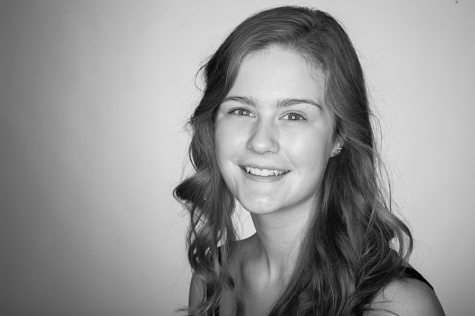
Savannah is finishing high school in her senior year. She is a staff member in both the photography program and school newspaper. Her first year in publications,...



